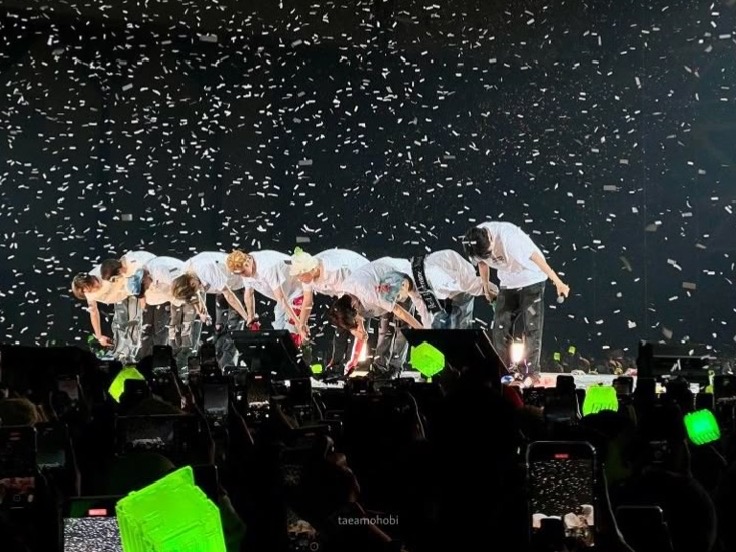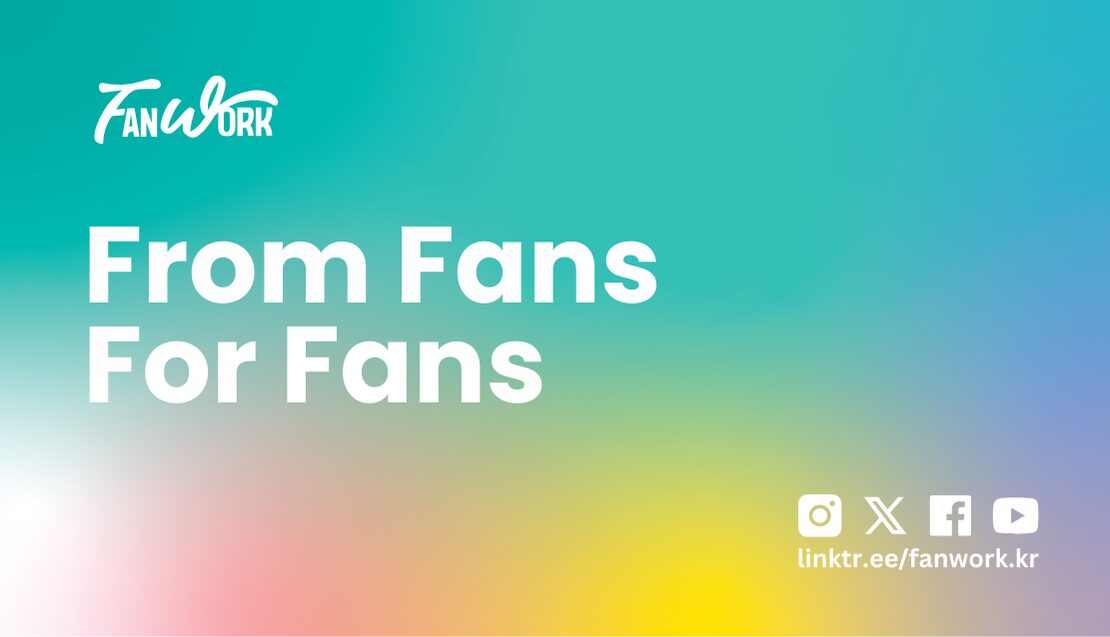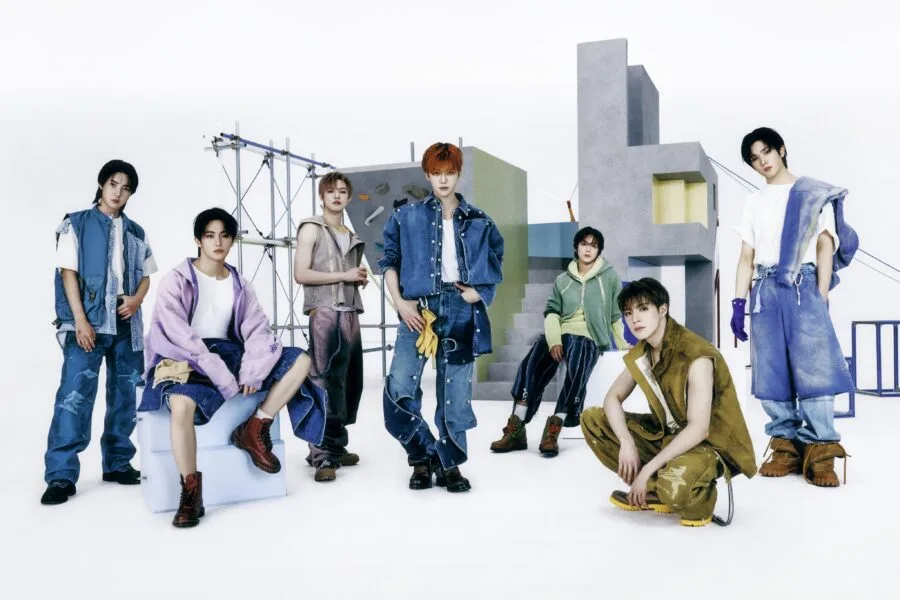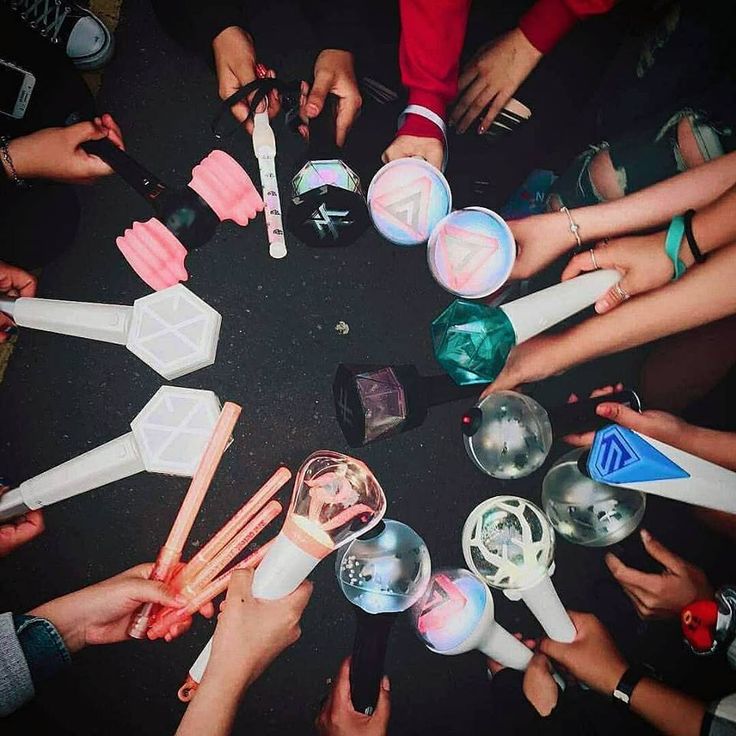If you’ve watched K-pop award shows, fan meetings, or variety shows, you’ve probably noticed how idols always bow, to seniors, staff, and even fans. But did you know that bowing is just one part of the deep rooted etiquette in Korean culture? From using both hands when receiving gifts to carefully choosing words when speaking to elders, K-pop idols follow many traditional customs that reflect Korea’s values of respect and humility. Let’s take a closer look at these traditions and why they matter in the K-pop industry!
1️⃣ Bowing: More Than Just a Greeting
In Korean culture, bowing (인사, insa) is a key way to show respect. The deeper and longer the bow, the greater the respect. That’s why you’ll often see idols giving 90 degree bows at major events, like award shows or big press conferences. This type of deep bow (큰절, keunjeol) is reserved for moments of great gratitude, apology, or respect, like when a group wins “Artist of the Year.”
Even in casual settings, idols bow slightly when greeting staff, fellow artists, and fans. It’s their way of showing appreciation and humility, no matter how famous they are!
2️⃣ Using Two Hands for Giving and Receiving
Ever noticed how idols use both hands when receiving awards, albums, or even gifts from fans? In Korean culture, using one hand can be seen as casual or even rude, especially in formal situations. Holding something with both hands shows sincerity and gratitude, whether it’s a trophy, a birthday present, or even a cup of coffee from a senior artist. It’s a small gesture, but it carries a big meaning, showing that the person values and respects the exchange.
3️⃣ Honorifics and Politeness in Speech
Korean has a complex system of speech levels, where different words and endings are used depending on who you’re speaking to. That’s why you’ll hear idols using sunbaenim (선배님, a respectful way to address seniors) when talking to older artists, or nim (님) when addressing fans in a formal way.
Younger idols are expected to use formal speech (jondaemal, 존댓말) when talking to older members, staff, and industry seniors. Over time, if they become close, they might switch to informal speech (banmal, 반말), but only with permission!
This language etiquette is why rookie idols often sound extra polite during interviews, they’re carefully choosing their words to show the right level of respect.
4️⃣ The Importance of Hierarchy in K-pop
Korean culture values hierarchy, especially when it comes to age and experience. In K-pop, this is reflected in how younger members (maknaes, 막내) show respect to their older groupmates by letting them speak first, serving food at meals, or even waiting for them to enter a room before following.
This respect extends beyond group dynamics. Rookie groups always bow first when meeting senior artists, and it’s common to see younger idols step aside to let their seniors walk ahead at award shows or events. Even backstage, rookies often greet their seniors first, even if they’re from different companies.
5️⃣ Why This Matters in K-pop
These etiquette rules aren’t just about tradition, they shape how idols interact with each other, their fans, and the industry as a whole. Respect and humility are highly valued in Korean culture, and idols who follow these earn admiration for their good manners.
At the same time, fans who learn about these cultural traditions can better understand their favorite idols’ actions and behavior. It also helps international fans engage more respectfully when interacting with K-pop and Korean culture in general!
So, next time you see your bias giving a deep bow, using both hands for a gift, or speaking politely to a senior artist, you’ll know, it’s all part of the beautiful and respectful world of Korean etiquette!
Have you learned these etiquettes before? Which one interest you the most? Share it in the comments! 💬💖
⊹ Image credit by pinterest/zarchlve
Author Taby Indonesia





